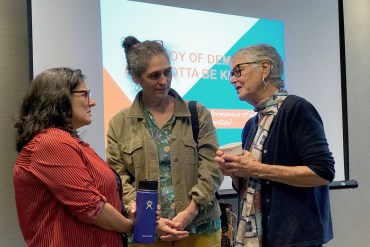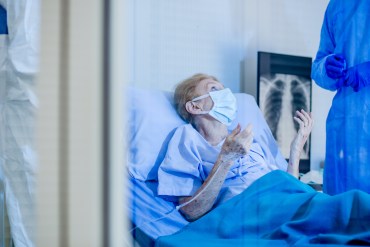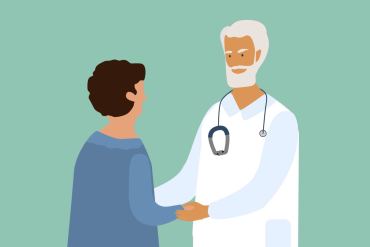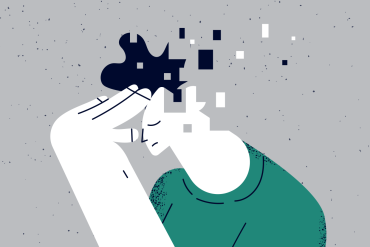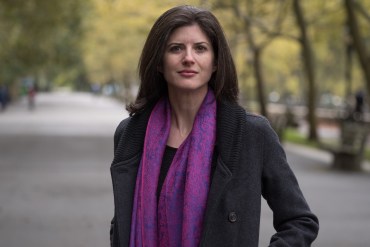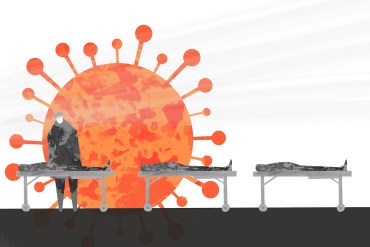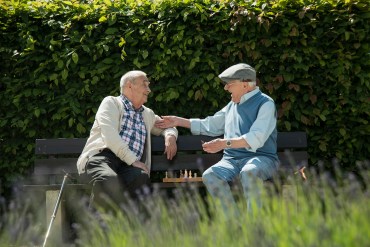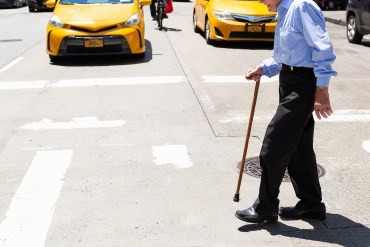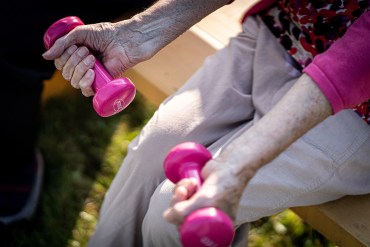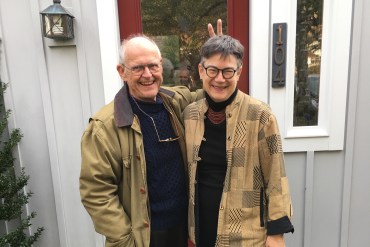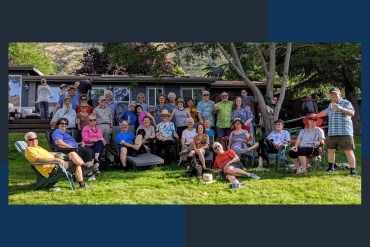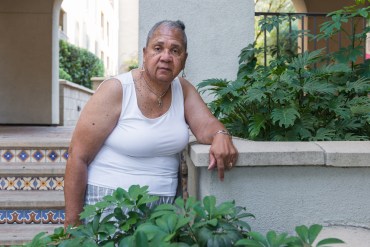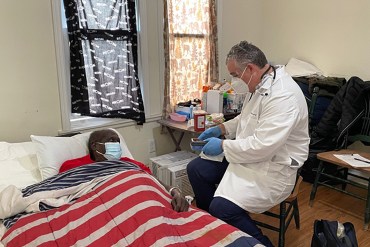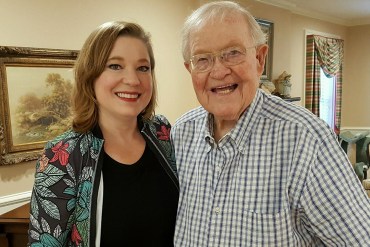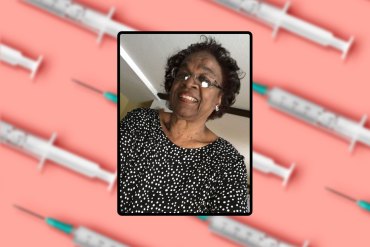It Takes a Team: A Doctor With Terminal Cancer Relies on a Close-Knit Group in Her Final Days
Dr. Susan Massad created a “health team” after learning she had metastatic breast cancer. These friends and family members help her make difficult decisions and lead the most fulfilling life possible.
‘Covid Hit Us Over the Head With a Two-by-Four’: Addressing Ageism With Urgency
In light of the pandemic’s shocking death toll among seniors, organizations are trying new strategies to help older Americans get better care.
‘They Treat Me Like I’m Old and Stupid’: Seniors Decry Health Providers’ Age Bias
Ageism in health care settings, which can result in inappropriate or dangerous treatment, is getting new attention during the covid pandemic, which has killed more than half a million Americans age 65 and older.
A Wrenching Farewell: Bidding Adieu to My Primary Care Doctor After Nearly 30 Years
Long-term relationships between patients and doctors often enrich the quality of care and create deep emotional bonds. When the doctors retire or move on, saying goodbye can be hard.
Alzheimer’s Drug Targets People With Mild Cognitive Impairment. What Does That Mean?
The condition can be an early signal of Alzheimer’s disease, but not always. Other health concerns could be causing thinking or memory problems, and the new drug, Aduhelm, would not be appropriate for those patients.
Minister for Seniors at Famed Church Confronts Ageism and the Shame It Brings
Lynn Casteel Harper, a minister at the interdenominational Riverside Church in New York City, discusses the spiritual dimension of aging.
Clarity on Covid Count: Pandemic’s Toll on Seniors Extended Well Beyond Nursing Homes
The latest research shows that although deaths in nursing homes received enormous attention, far more older adults who perished from covid lived outside of institutions. People with dementia and other severe neurological conditions, chronic kidney disease and immune deficiencies were hit especially hard.
Restoring a Sense of Belonging: The Unsung Importance of Casual Relationships for Older Adults
Relationships with people you know only superficially can help develop a sense of belonging and provide motivation to engage in activities. Research has found that older adults who have a broad array of “weak” as well as “close” ties enjoy better physical and psychological well-being and live longer than people with less diverse social networks.
Doctors Weigh Pros and Cons of Prescribing Hot-Button Alzheimer’s Drug
The potential benefits of Aduhelm are small, its effectiveness is not certain, and even the FDA Thursday shifted its guidance on who should get the drug. But physicians are dealing with an onslaught of interest from patients and their families, and figuring out which patients are best positioned to be helped by the drug will be difficult.
Paying Billions for Controversial Alzheimer’s Drug? How About Funding This Instead?
Aduhelm, approved by the Food and Drug Administration last month despite questions about its efficacy, could be prescribed to at least 1 million patients a year, for a price tag of about $56 billion. Experts suggest there might be better ways to spend that money.
Calming Computer Jitters: Help for Seniors Who Aren’t Tech-Savvy
Millions of older adults want to be comfortable going online and using digital tools to enhance their lives. But many need help. A number of groups around the country offer assistance.
Tips for Older Adults to Regain Their Game After Being Cooped Up for More Than a Year
Experts offer advice on how seniors struggling with physical, emotional and cognitive challenges following a year of being cooped up can address issues such as muscle weakness, poor nutrition, disrupted sleep, anxiety and social isolation.
As Pandemic Eases, Many Seniors Have Lost Strength, May Need Rehabilitative Services
A little-discussed, long-term toll of the pandemic is that large numbers of older adults have become physically and cognitively debilitated and less able to care for themselves after sheltering in place.
Aiding Her Dying Husband, a Geriatrician Learns the Emotional and Physical Toll of Caregiving
When the covid pandemic hit, Dr. Rebecca Elon was thrust into a new role, primary caregiver for her severely ill husband and her elderly mother. “Reading about caregiving of this kind was one thing. Experiencing it was entirely different,” she says.
Covid Forces Cohousing Communities to Examine Shared Values and Relationships
How do dozens of people living communally decide what to do during a public health crisis when members have varying tolerance for risk and different opinions about safe practices?
‘I Can Breathe Again’: Older Adults Begin to Test Freedom After Covid Vaccinations
Whether it’s making plans to hug their grandchildren, scheduling long-overdue medical appointments or just petting the neighbor’s dog, seniors are inching back to a lifestyle they’ve missed during the pandemic.
Reopening of Long-Term Care Facilities Is ‘an Absolute Necessity for Our Well-Being’
Relatives and advocates are calling for federal authorities to relax restrictions in long-term care institutions and grant special status to “essential caregivers” — family members or friends who provide critically important hands-on care — so they have the opportunity to tend to relatives in need.
Countless Homebound Patients Still Wait for Covid Vaccine Despite Seniors’ Priority
Health organizations have begun sending doctors and nurses to apartment buildings and private homes to vaccinate homebound seniors, but the efforts are slow and spotty.
Family Caregivers, Routinely Left Off Vaccine Lists, Worry What Would Happen ‘If I Get Sick’
Tens of thousands of middle-aged sons and daughters — too young to qualify for a vaccine — care for older relatives with serious ailments and want to get the shots to protect their loved ones and themselves.
Older Adults Without Family or Friends Lag in Race to Get Vaccines
Public health officials have singled out seniors as key candidates for the covid-19 vaccines but too many of these seniors are not able to get shots because they don’t use computers, don’t have internet services or transportation, or don’t have someone to help them with the process.



